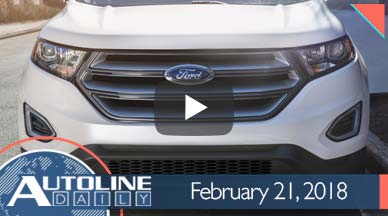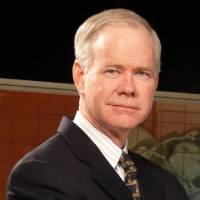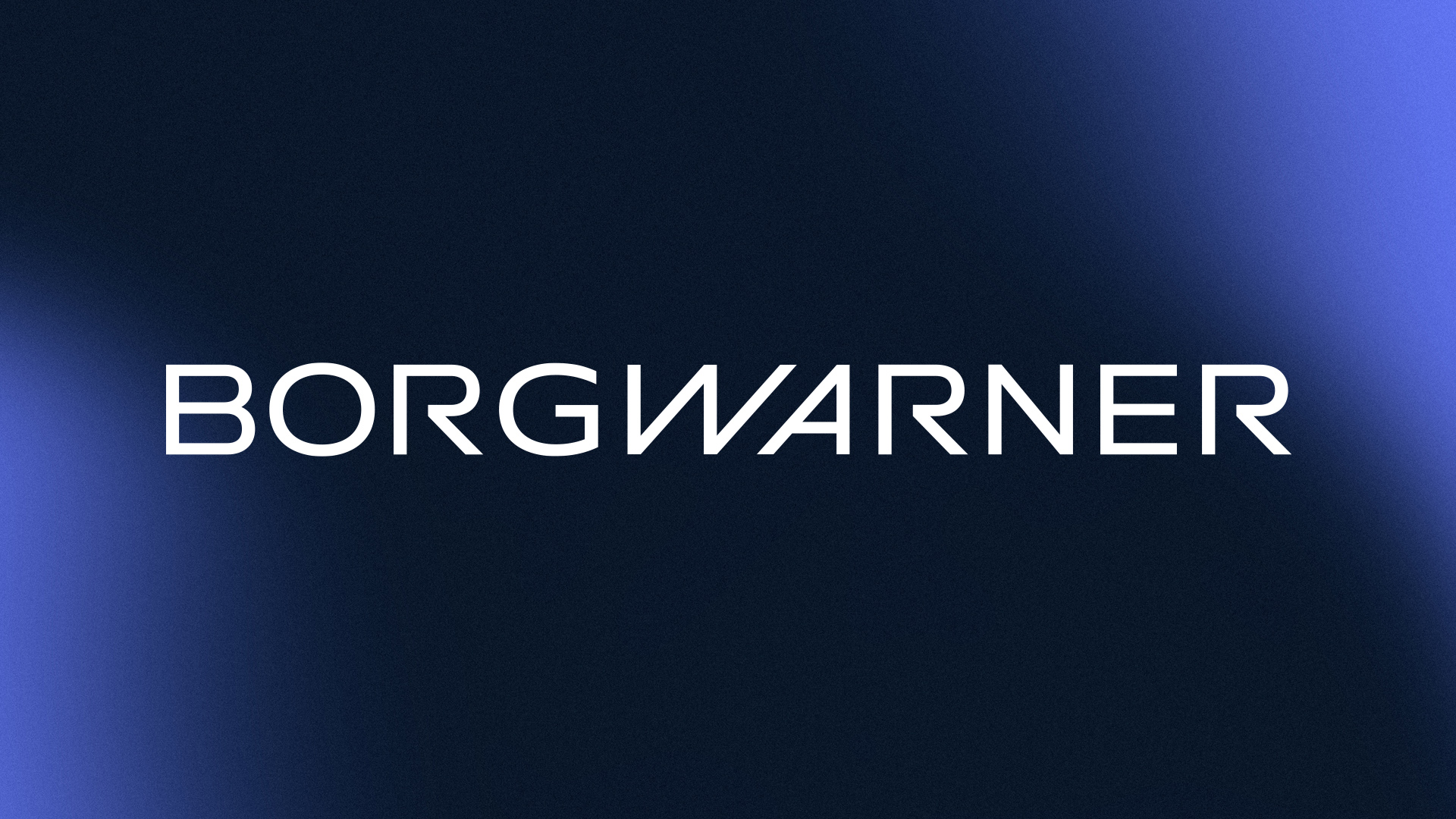
Runtime: 6:57
0:31 Bosch Enters Ride Sharing Business
1:24 BP Forecasts Drop in Oil Demand
2:40 GM Korea Seeks Financial Help
3:31 Designers Debate Headlight Placement
4:45 Mercedes to Test Electric Trucks
5:48 Mitsubishi Updates the Outlander PHEV
Visit our sponsors to thank them for their support of Autoline Daily: Bridgestone , Dow Automotive Systems and Lear Corporation.
On today’s show…BP says autonomous electric vehicles are going to put a dent in oil demand…designers debate about the best place to put headlights on a car…and Mercedes is getting set to test a fleet of electric heavy-duty trucks. All that and more coming right up on Autoline Daily.
This is Autoline Daily the show for enthusiasts of the automotive industry.
BOSCH ENTERS RIDE SHARING BUSINESS
Automakers think that mobility services could represent a whole new business for them to get into. They see a big chance to make big money. That’s why we’re seeing so much activity in this field. And now the giant German supplier Bosch is entering the ride sharing business with the acquisition of the U.S. startup company SPLT. The purchase price was not disclosed. SPLT has developed an app based platform, that allows co-workers to share rides. There are currently 140,000 users in the U.S., Mexico and Germany. In addition to that, the company also just created the Connected Mobility Solutions division to develop and sell digital mobility services. But it’s very interesting that Bosch is investing in a mobility services company. Since mobility is still in its infancy anyone can get into the market, even a traditional supplier like Bosch.
BP FORECASTS DROP IN OIL DEMAND
And the growth of those ride-sharing services along with electric vehicles and autonomy, will put a dent in oil consumption according to BP. It just released a report that forecasts demand will dip from 18.7 million barrels per day to 18.6 by 2040. It may not sound like a big drop but vehicles will be travelling significantly more miles by that time, since more people will be sharing rides in autonomous vehicles. BP also says the growth of EVs will cut oil demand. The number of electrified vehicles will grow from around 3 million today to over 320 million by 2040 or about 15% of the total car fleet. It estimates that around 30% of the kilometers driven by a vehicle will be electrically powered.
Still to come…there’s a debate in the design community over the placement of headlights. And we’ll shed some light on it, right after this.
GM KOREA SEEKS FINANCIAL HELP
Last week, GM announced its shutting down one of its four factories in South Korea. And Reuters reports the company wants financial help from the country to keep the remaining plants open. GM has proposed a 10-year, $2.8 billion investment into its Korean unit and has asked South Korea to provide close to a half a million dollars in funds. On top of that, GM has also proposed a $2.7 billion debt-for-equity swap for financial support and tax benefits from the city of Seoul. But the Korean government needs reassurance of GM’s long-term commitment before it will provide any funds. GM Korea’s union is also putting pressure on the automaker for a viable plan and says it will go on strike if the company completely pulls out of South Korea.
DESIGNERS DEBATE HEADLIGHT PLACEMENT
There’s a debate amongst automotive designers as to whether you should have the headlights attach to the sides of the grille or have them separate. Some car designers like to have the grille and the headlamps look like they’re one graphic on the front end. A good example is the front end of the Ford Edge, where each headlamp butts right up against the grille. But luxury car designers, believe that a car looks more elegant if the headlamps are clearly separated from the grille. Look at the front end of any Mercedes, Cadillac or Audi and the lamps are clearly set apart from the grille. Recently BMW started integrating the headlamps and grille, notably on the 3-Series. But it must have changed its mind because on the upcoming X4 it’s separating them again. Most of us never notice anything like this, but in automotive design circles this is pretty important.
Coming up next, Mitsubishi updates the plug-in version of the Outlander.
MERCEDES TO TEST ELECTRIC TRUCKS
Mercedes is getting set to test a small fleet of heavy-duty electric trucks. It will pass out 10 of its eActros trucks in both two- and three-axle form to companies that transport and deliver goods to city centers. A total of 11 battery packs combine for a system output of 240 kWh and a range of up to 200-kilometers or about 124-miles. Two electric motors mounted near the rear wheels are said to provide performance on par with a diesel truck. The first set of customers will test the electric trucks for a year, after which a second set will get them for another year. Mercedes will use the information it gets from the test to see what it still needs to do from a technical, infrastructure and service standpoint. And infrastructure will be key because as of now the test fleet will use a mobile station to recharge. But at least it will have some time to figure it out. Mercedes is aiming for 2021 to have a competitive electric truck.
MITSUBISHI UPDATES THE OUTLANDER PHEV
And speaking of electrified vehicles, Mitsubishi is going to show off a new version of the plug-in Outlander in Geneva. You’ll have to squint to notice the slight design changes, but a new 2.4L Atkinson cycle engine replaces the Otto cycle 2.0L and both motor output and battery capacity have increased. The vehicle could use a little shot in the arm too. Mitsubishi only sold 300 Outlander PHEVs last month in the U.S.
And be sure to join us for Autoline After Hours this Thursday. John and Gary will be talking about the new Nissan Leaf, because our special guest is Christopher Reed, the engineer of the electric vehicle. So if you have any questions about the Leaf, send them our way to viewermail@autoline.tv.
But that’s it for today, thanks for watching and please join us again tomorrow.
Thanks to our partner for embedding Autoline Daily on its website: WardsAuto.com

John McElroy is an influential thought leader in the automotive industry. He is a journalist, lecturer, commentator and entrepreneur. He created “Autoline Daily,” the first industry webcast of industry news and analysis.






